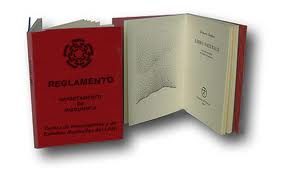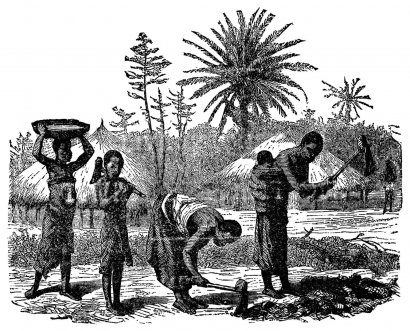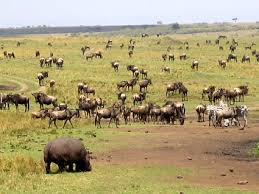 From the metaphysical point of view, the agent of intellectual knowledge is called the knowing subject.
From the metaphysical point of view, the agent of intellectual knowledge is called the knowing subject.
The knowing subject is a key term in the history of the theory of knowledge since without an agent subject there is no knowledge in itself.
Every cognitive object is apprehended by the human intellect. In this way, the object has its reason for being from the intellectual point of view, when it is placed in relation to the subject.
A knowing subject is one who has the intellectual capacity to be able to interpret a certain reality. From this point of view, the human being has the gift of intelligence that allows reasoning and reflection based on the mental interpretation of reality.
Knowledge is an immanent act
There are different types of actions. There are actions that are immanent, that is, they are an end in itself. One type of immanent action is the act of knowing since knowledge is not a means in relation to an end but rather an objective that has a positive validity by itself.
Throughout the history of philosophy there are different theories of knowledge that open the debate around the knowledge process itself. There are thinkers who consider that human beings can access reality in itself through their knowledge. This is the case, for example, of the realistic thought of Thomas Aquinas.
Knowing Subject and Kant's Vision
However, there are other thinkers who claim that knowledge shows the relationship between the object and consciousness: Kant explains the difference between the object itself and the object in relation to the "for me of consciousness."
On the contrary, constructivist thinking concludes that the knowing subject creates his own reality.

Cognitive activity
The cognitive activity carried out by the subject shows the importance of thought as a starting point for the generation of new ideas that are not only marked by the objectivity of the object but also by the subjectivity of thought itself. Every human being interprets reality from his own point of view that is marked by his previous experience and personal experiences.
Knowledge also influences decision-making and will since knowing is the basis of wanting that has prior deliberation









